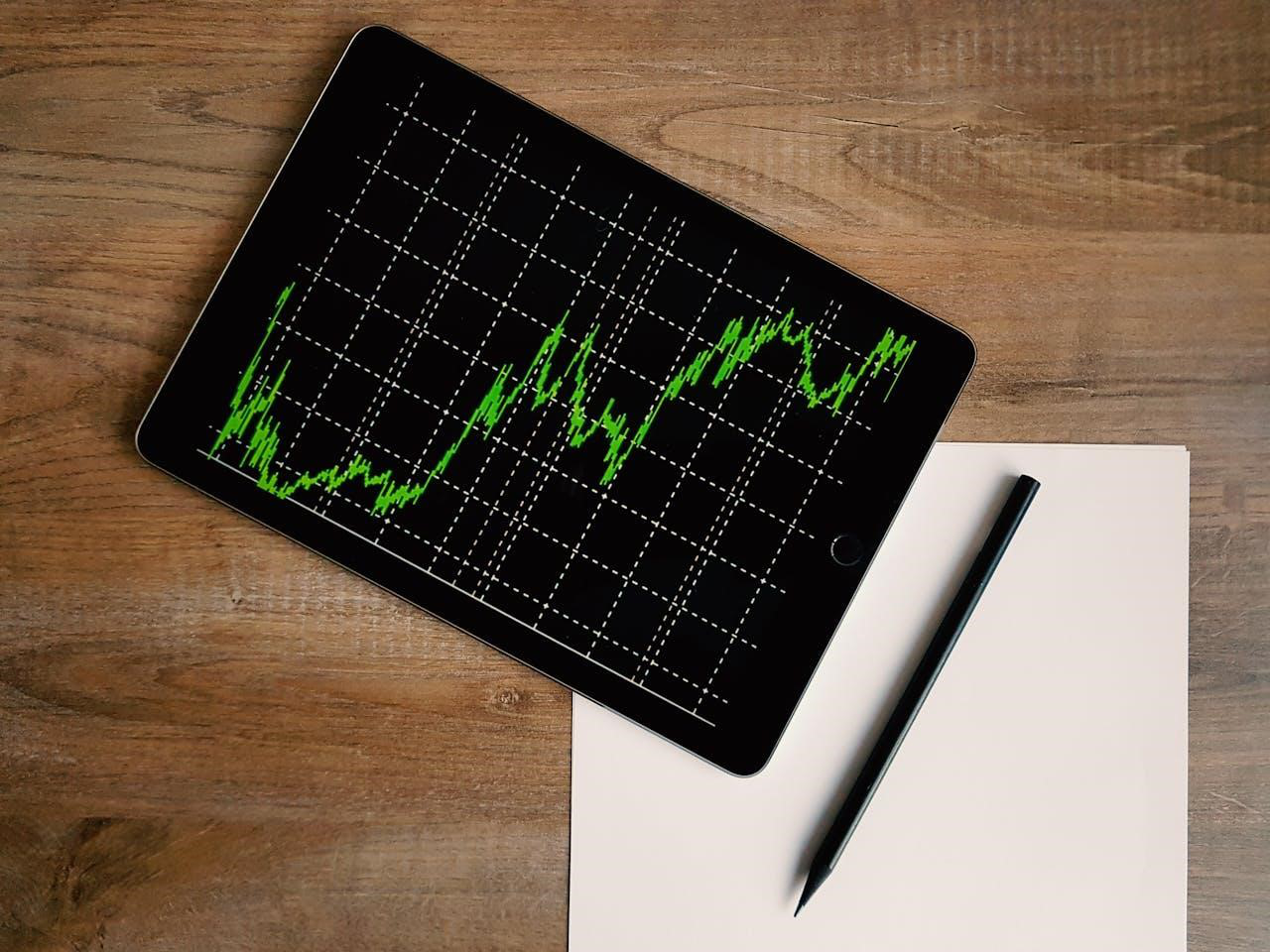Brazil, a South American powerhouse, has a vibrant economy full of potential for investors. Its diverse geography, abundant natural resources, and growing population create a unique landscape where established industries thrive alongside emerging sectors. This comprehensive guide is for new investors like you, providing the knowledge and tools to navigate the best investments in Brazil, both across sectors and stocks.
Key Sectors for Investment in Brazil
1. Agroindustry
Brazil’s fertile farmland, favorable climate, and government incentives cement its position as a leading agricultural producer. The country is a major exporter of sugarcane, soybeans, and coffee, making investments in agricultural giants like SLC Agrícola (SLCA) or Raízen (RAIZ) strategically advantageous. Furthermore, logistics providers like Marcopolo (PGB) play a crucial role in transporting these commodities to global markets.
2. Automotive Industry
Despite past challenges, Brazil’s automotive industry remains a major contributor to the country’s GDP, ranking seventh globally. Government initiatives such as “ Rota 2030 ” aim to strengthen its position by attracting foreign investment and fostering technological advancements. Opportunities can be explored with established automotive manufacturers such as Fiat Chrysler Automobiles (FCA) or automotive parts suppliers such as WEG (WEG), a leading supplier of electric motors and automation solutions that are aligned with the industry’s transition to electric vehicles.
3. Renewable Energy
Brazil’s abundant natural resources, including wind, solar and hydroelectric potential, position the country as a leader in renewable energy development. The government actively supports this sector through tax breaks and subsidies. Investors looking to contribute to a sustainable future while achieving financial gains may want to consider companies such as Eneva (ENEV), a leading renewable energy company focused on solar and wind farms, or Copel (CPLE), a diversified utility with a strong investment in hydroelectric power generation.
4. Oil and Gas
A positive OPEC outlook, coupled with government programs aimed at attracting foreign investment, puts Brazil in a position to become a leading oil and gas producer. The pre-salt oil fields discovered off the Brazilian coast hold enormous potential, attracting major oil companies such as Petrobras (PBR) to invest heavily in exploration and production. In addition, infrastructure providers such as Transportadora Brasileira Gasoduto (TBG) play a crucial role in transporting this valuable resource to market.
5. Investing in Health
Brazil’s growing population is driving demand for high-quality healthcare, making the life sciences industry highly attractive. The government is implementing initiatives to expand access to healthcare, creating a favorable environment for pharmaceutical companies such as Hypera Pharma (HYPE3) and Blau Farmacêutica (BLAU3). Medical equipment suppliers such as WEG (WEG), whose product portfolio includes medical imaging solutions, can also be considered.

Investing in the Brazilian Stock Exchange
The Brazilian stock market offers a variety of well-established companies with solid track records. Here are a few examples to start your research:
1. Vale SA (VALE)
A global leader in iron, pellet and nickel mining, Vale prioritizes sustainable practices and environmental responsibility.
2. Ambev S.A. (ABEV)
Ambev is a Latin American beverage giant with a strong portfolio of brands, including Brahma beer and Antarctica guarana soda.
3. Itau Unibanco Holding S.A. (ITUB)
Brazil’s largest private bank, Itaú Unibanco , offers a wide range of financial services.
4. Banco do Brasil S.A. (BBAS3)
A state-owned bank with a nationwide presence, Banco do Brasil offers a variety of financial products and services.
Building a Solid Foundation
As a novice investor navigating the Brazilian market, a balanced approach is essential: Clearly establish your investment objectives – are you seeking long-term capital appreciation, dividend income generation, or a balance of both? Assess your comfort level with market fluctuations to determine appropriate investment options. Consider using a risk tolerance assessment tool offered by many online brokers. Spread your investments across sectors and asset classes to mitigate risk. This could include a mix of Brazilian stocks, international stocks, bonds, and even real estate investment funds (FIIs). Don’t follow the herd. Analyze companies’ financial statements, growth potential, competitive landscape, and management quality before making any investment decisions. Utilize resources such as annual reports, analyst ratings, and financial news.
Understanding the Market
Exchange rate fluctuations
Brazil’s currency, the Real (BRL), can be volatile against major currencies such as the US Dollar (USD). This currency risk can impact the value of your investments. Consider hedging strategies or focusing on companies with a strong domestic presence to mitigate this risk.
Tax Implications
Research the tax implications of investing in Brazilian stocks. Tax laws may vary depending on your residency and the type of investment. It is highly recommended to consult a tax advisor familiar with Brazilian tax regulations.
Market Regulations
The Brazilian stock market operates under regulations set forth by the Comissão de Valores Mobiliários (CVM), the country’s securities commission. Familiarize yourself with these regulations, including trading hours, settlement procedures, and restrictions on foreign investors.
Liquidity
Liquidity refers to how easy it is to buy or sell an investment. While established companies like Vale (VALE) often have high liquidity, smaller companies may have lower trading volumes, making it harder to get in or out of positions quickly.
Conclusion
The Brazilian market offers an attractive combination of established industries, growing sectors and a booming economy, making it a promising destination for discerning investors. This guide has provided you with the knowledge and tools to navigate this market with confidence. Remember, successful investing requires patience, thorough research, a well-defined investment strategy and the ability to adapt to changing market conditions. By following these principles and conducting thorough due diligence, you can position yourself to take advantage of the exciting investment opportunities in Brazil .

